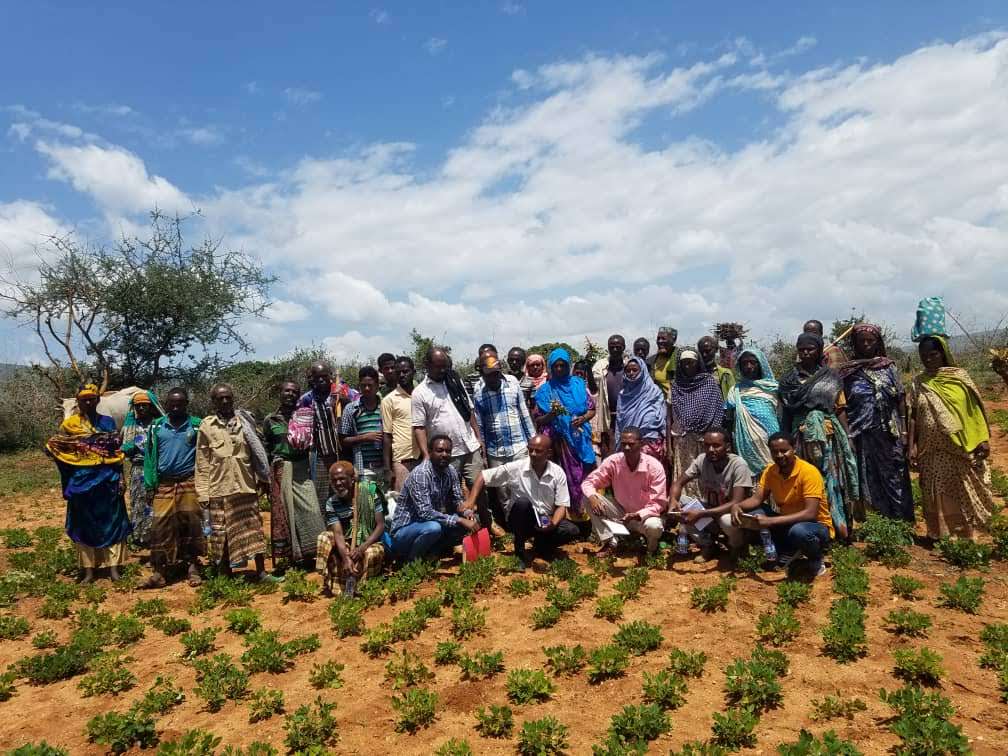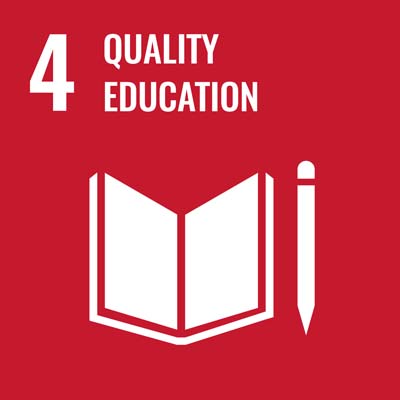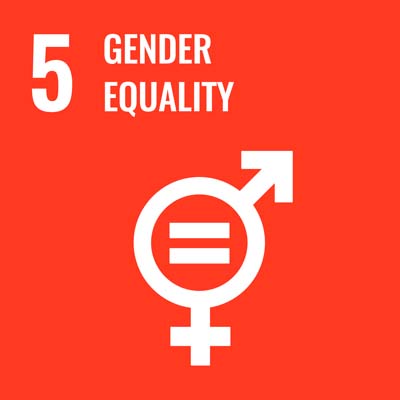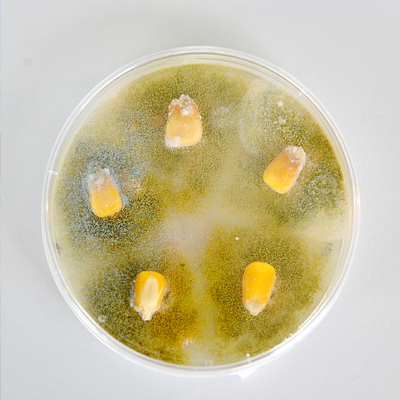- DatesJanuary 2021-July 2021
- SponsorQR-GCRF
- Funded£28.5k
- PartnersHaramaya University, Debre Birhan University

Impact and findings
Three hundred and fifty-two women were surveyed from two Ethiopian region producers of maize and peanuts. The first survey results are showing that 48.15% of women answered positively about knowing what mycotoxins are. Among these, 80.85% reported that mycotoxins are an organism (living or dead) and 71% stated that aflatoxins have no impact on health. Moreover, only 44.97% acknowledged that they could do something to prevent exposure. Further analysis revealed that only 0.24% of women have been trained on mycotoxins mitigation techniques.
Training through radio and village head were identified as the best routes to train women in Ethiopia with potential application throughout Africa.






